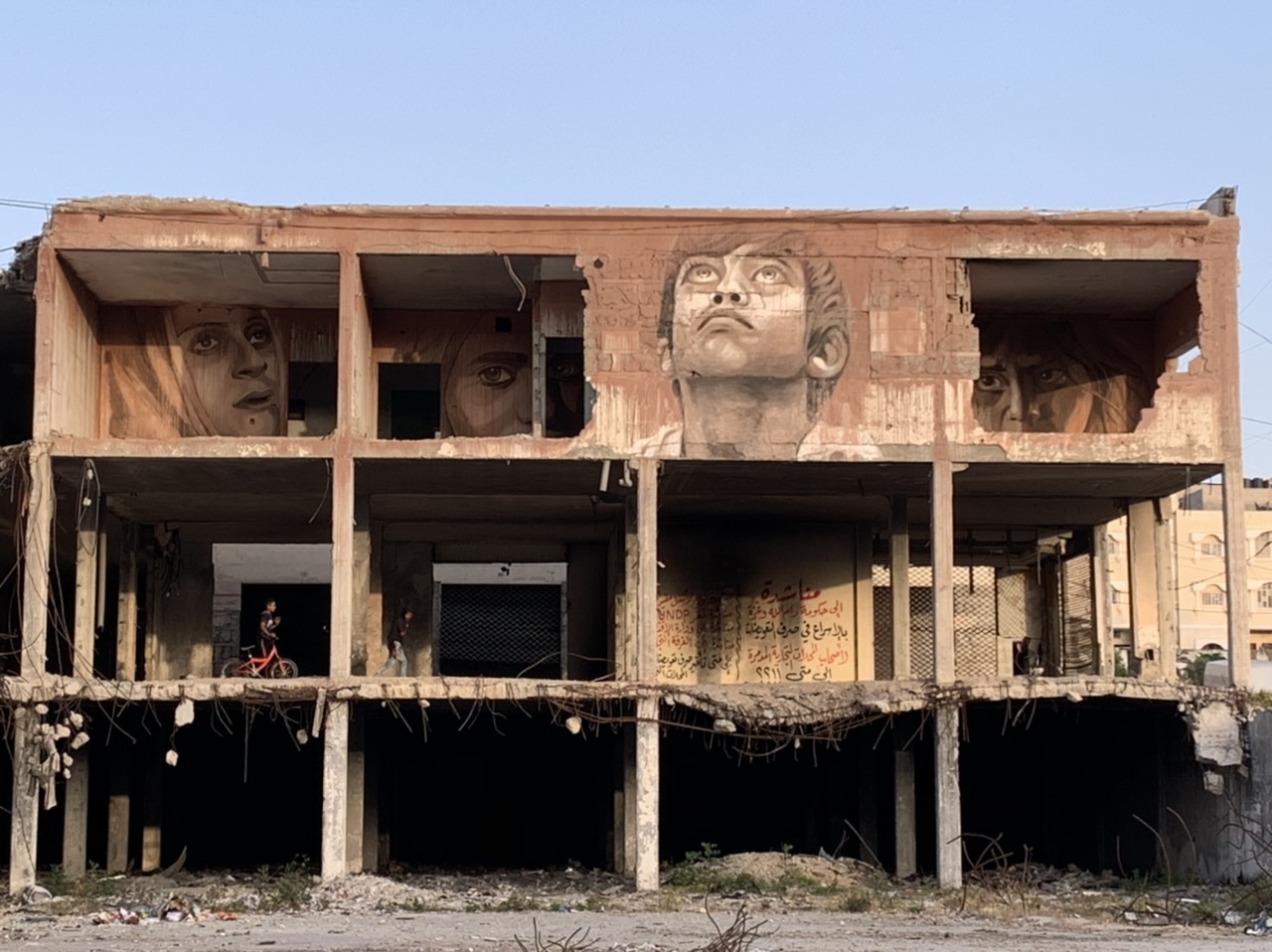
Report by Dr Mona Jebril addresses healthcare issues in Gaza - an area where there has been a dearth of research.
I hope that this work will enrich the literature on the political economy of health in the Gaza Strip, which is a significantly under-researched context...
Dr Mona Jebril
Patients and carers seeking to access the healthcare system in Gaza are confronted with severe shortages of drugs and equipment and constant threats to their physical safety as well as a lack of organisational transparency and accountability, according to an important new report.
“The Political Economy of Health in the Gaza Strip (Occupied Palestinian Territory)” report by Gates Cambridge Scholar Dr Mona Jebril, a research fellow at the Centre for Business Research, says the situation in Gaza is one of ‘continuous suffering and emergency’. This means healthcare in Gaza is at one and the same time a priority but also a luxury for most families. Healthcare systems have to deal with the effects of decades of occupation and blockade and a situation where formal processes designed for a more stable environment operate alongside an informal reality. The report, based on in-depth interviews, shows the state is at once fragile and yet implicated in resource allocation at all levels of society.
The report is based on an interdisciplinary qualitative research project that began in January 2019, as part of a Global Challenges Research Fund-UK Research and Innovation project entitled: ‘Research for Health in Conflict (R4HC-MENA): Developing capability, partnerships and research in the Middle East and North Africa’.
It provides a critical analysis of the situation for healthcare in Gaza, based on the key historical and contextual factors determining the direction and formulation of health policy in Gaza and the role the occupation and conflict has played in shaping this. It also covers the key actors/stakeholders in the health sector in Gaza, the characteristics of bargaining processes by which health policy in Gaza is made, how inclusive/exclusive these processes are and what the main currencies used for bargaining are.
In addition, it investigates the key values/ideas that underpin the identification of priority health policy issues/formulation of health policy and the main opportunities/incentives for health reform as well as the principal barriers to reform.
An important report
Professor Simon Deakin, Director of the Centre for Business Research at the University of Cambridge, who wrote the foreword to the report, calls it “an important report in terms of its subject-matter, its approach and its findings”.
He says healthcare in unstable conflict zones like Gaza faces a number of difficult challenges. He writes: “The provision of healthcare is fragmented, on the one hand, and highly politicised, on the other. Aid is vital, but long-term reliance on external funding creates a relationship of dependence. A partisan politics leaves little space for civil society. Families and communities, while a source of resilience, also generate patriarchal and conservative social values, which can impede access to services for vulnerable groups.”
Professor Deakin adds that Dr Jebril has used her contacts to get rare access to actors at all levels and has captured the lived experiences of policy makers and others in the process. “Their voices, normally beyond the reach of an external audience, can now be heard. The interviews are framed by a data-rich account spanning the history, politics and culture of the territory,” he writes.
He adds: “Much is written about Gaza, in particular when the crisis is periodically escalated, but little is known about the conditions of life for its population. There is a dearth of systematic research on Gazan society and institutions. This report is a dispassionate account, which is sobering in its implications. In detail, and with evidence of a kind which is all too infrequently available, it offers a diagnosis, and the beginning of a way forward, for a situation which those who read it will surely regard as unsustainable.”
Dr Jebril [2012] says: “I hope that this work will enrich the literature on the political economy of health in the Gaza Strip, which is a significantly under-researched context, as well as encouraging collaborative reform of the health sector in the occupied Gaza Strip and other conflict-affected areas by local and international actors. This is much needed especially at this time of a global pandemic.”
*This work is funded through UK Research and Innovation as part of the Global Challenges Research Fund; Research for Health in Conflict in the Middle East and North Africa (R4HC-MENA) project, grant number ES/P010962/1.
**Picture credit: Mural by Ali Jabali, Gaza City, Photograph by Mona Kreigler, 2008/19












